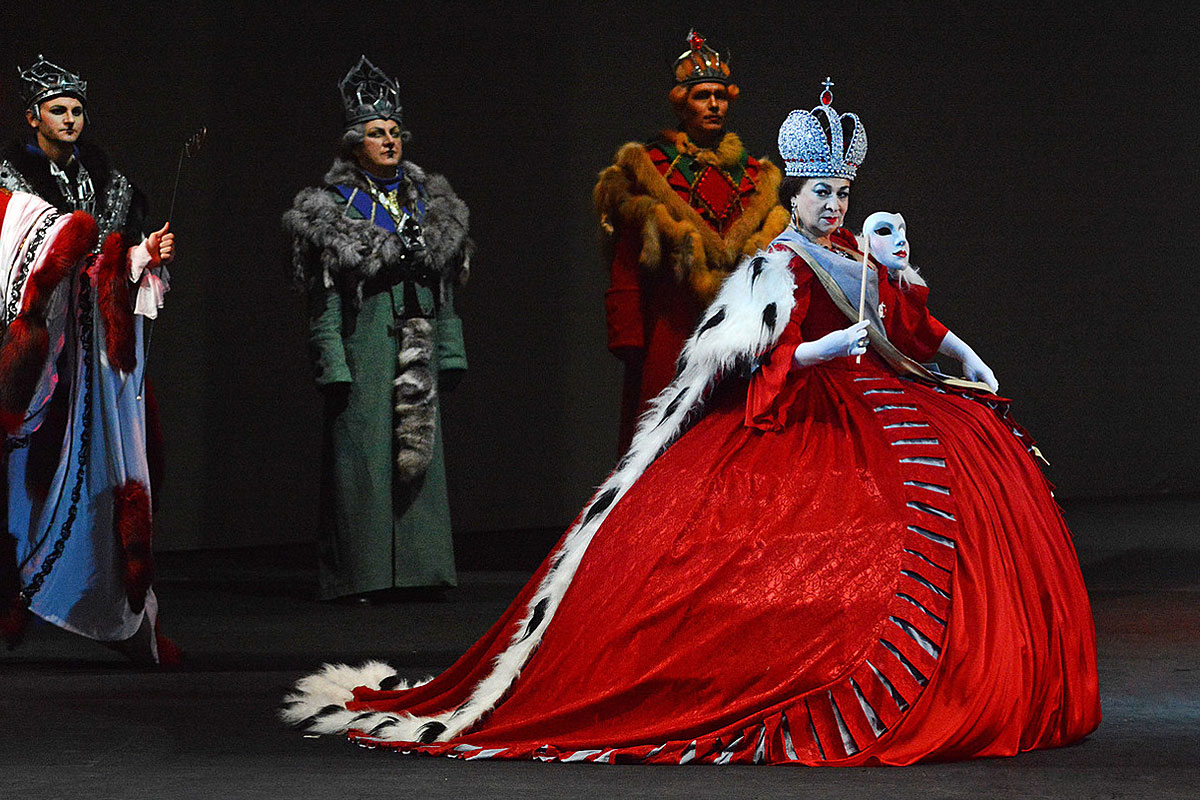I’m often asked what my favorite operas are and why, so I decided to write a post on it. As I was thinking about my top 5 favorite operas of all time, I wasn’t focused on certain composers, singers, recordings, or productions, of these operas.
I went with my gut, my heart, and the hairs on the back of my neck!
1. Marriage of Figaro – Mozart

Every possible human emotion is accounted for in the musical lines of this piece. Every musical note is written with dramatic intention: there isn’t a single arbitrary moment in the entire opera.
As performers, we assign emotional musical moments with emotional dramatic moments. Mozart makes it easy with his brilliant road-mapping in the orchestral music that helps us understand the drama.
Of these emotions, the most intense, in my opinion, is humility.
Humility is experienced at the grandest level between the Count and the Countess, in his moment of divine forgiveness and remorse: “Contessa, perdono”
Every time I sing (or hear) this sublime part, it is an emotional surrender on the deepest level.
2. Hansel and Gretel – Humperdinck

A lot of people will see this choice of mine and ask, “What could a children’s story have to say in the company of the greatest operas of all time?”
It is precisely the fact that it is a children’s story that makes it so capturing. The naïvité of the children, the fantastical stories they imagine: it all combines to make a truly enchanting and magical piece.
Humperdinck beautifully captures the emotions of each character, and the music paints an illustrative backdrop for each scene. You can sense the oppression felt by the poor family living in the shack. You can feel the danger of the woods and the terror of the witch just by closing your eyes.
Hansel and Gretel can’t just be children because they have to leave their house in order to find food, a very grown-up thing to do. Yet despite this very adult-like task, aspects of their childishness emerge: you see both their childhood, as well as their coming of age, on display.
3. Queen of Spades – Tchaikovsky

Rarely has a piece evoked such raw emotion from me through the music alone.
I remember when I was an Adler fellow in San Francisco standing backstage in the stage manager console listening to Hermann’s Act I aria.
The metal staircase in the platforms above was rattling from the loudness of the music. I have never been so viscerally moved by music as I was then.
The entire piece is epic: the tenor gets five arias, there’s beautiful and lush writing throughout, a ghostly grandma, and plus…it’s in Russian!
It’s one step away from silly but that little step is where the true greatness of the piece lives.
4. Billy Budd – Britten

How could I not mention the opera where the main character is the love symbol, the hero symbol, and the god symbol all in one? Name one other opera where that happens.
The battle scene on the high seas (opera pun somewhere in there) is one of the most emotional evoking scenes in opera. You see the crew finally escape the boredom of the ship, and they jump to action ready to fight for captain, king, and country, only to have their hopes dashed by the mist.
I also love the nautical theme that permeates the entire piece. You can almost feel a salty breeze in the hall during this opera.
After one of my performances of this opera in Santa Fe, I met Ruth Bader Ginsburg backstage. She told me that the story by Herman Melville is used today as a teaching device in law school to teach about honorable action vs. the law. Just wow!
5. Die Tote Stadt – Korngold

Korngold masterfully tells the tale of experiencing the inside of the dream of a recluse. His interweaving of musical and dramatic complexity evokes the haunting story of a man on the verge of losing it all after his wife dies.
In this story, we are pushed to the brink of our own humanity, only to be brought back at the end with maybe the most beautiful two minutes of music in existence: “O freund… Glück das mir verbliebt”.
I can imagine the loss of a spouse as being one of the most harrowing experiences in human existence. The choice of living in the past with your anguish or moving forward in life by forgetting is an excruciatingly difficult decision to make.
The redemption found at the end of this piece is what I imagine most people would hope to find when facing such a difficult, earth-shattering circumstance.
Having completed this list, I see that the connection between music and drama influences how I feel towards a particular opera. Couple that with my own personal experiences that trigger a strong reaction (cue goosebumps!) as well as convincing performances and it makes a great night at the opera for me.
Stay tuned for next week when I dive into My Top 5 Favorites Roles To Sing!

0 thoughts on “My Top 5 Operas (Of All Time)”